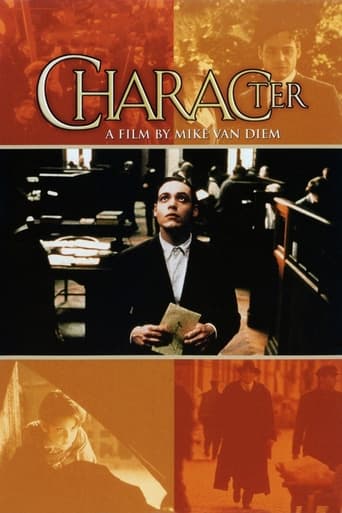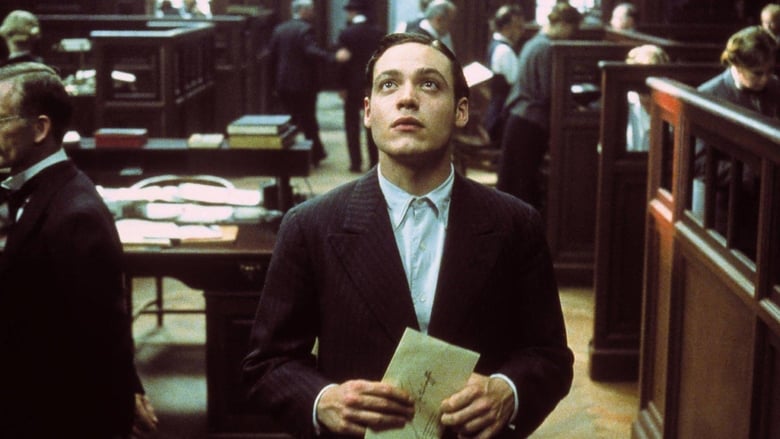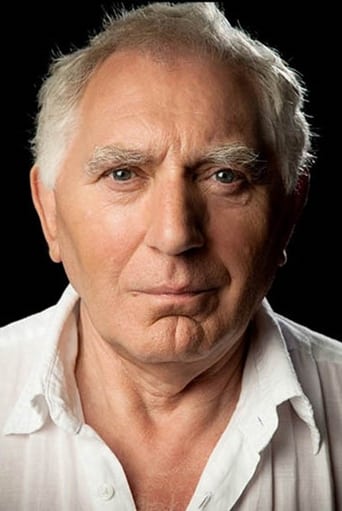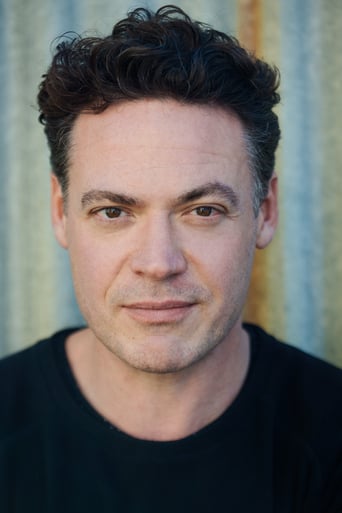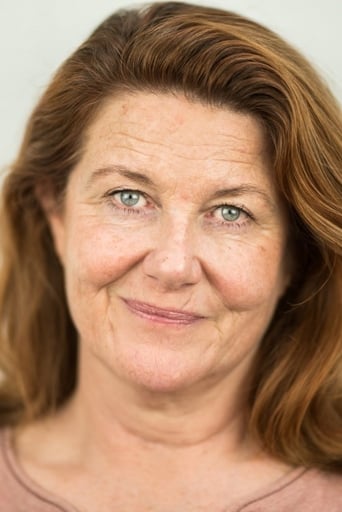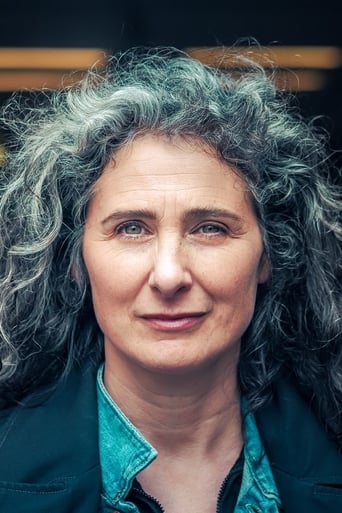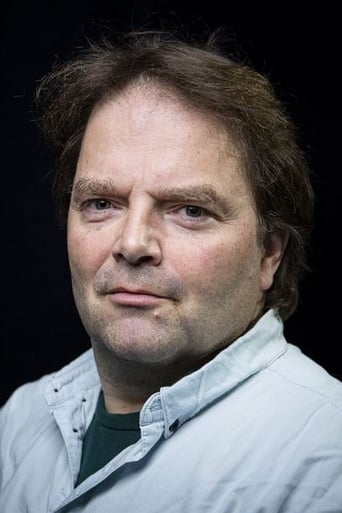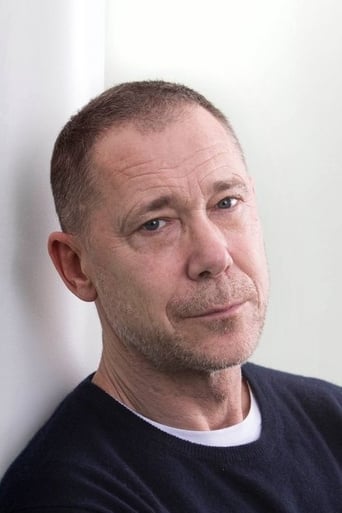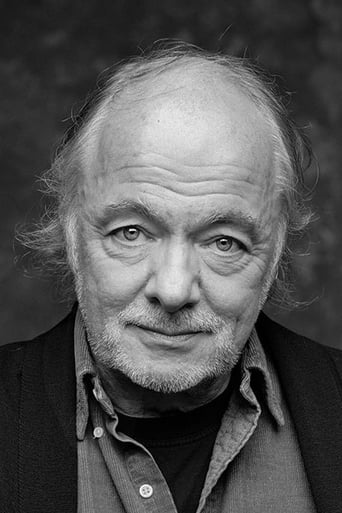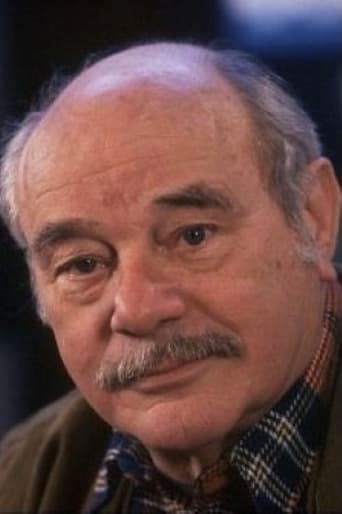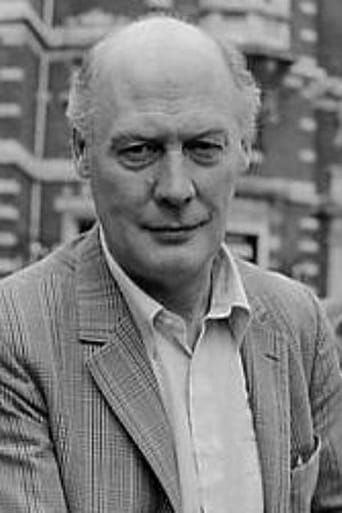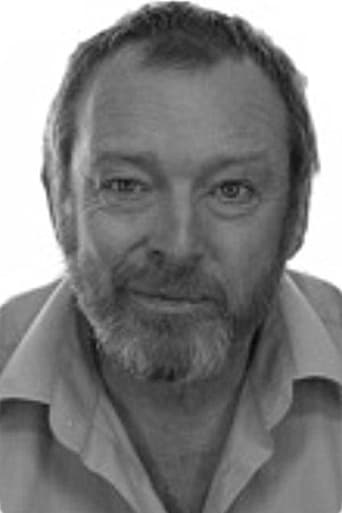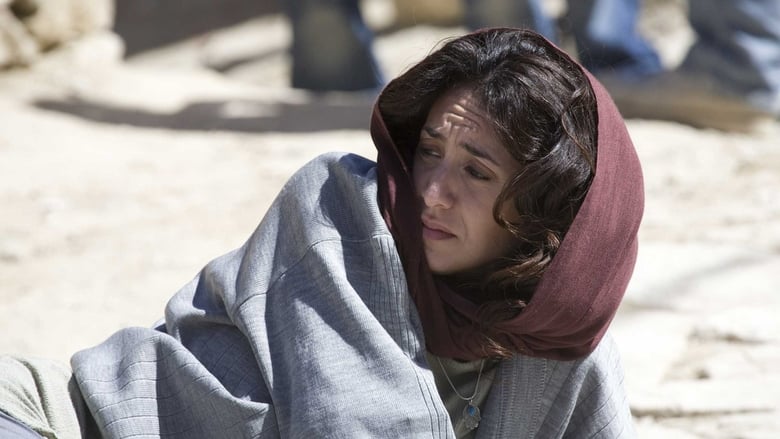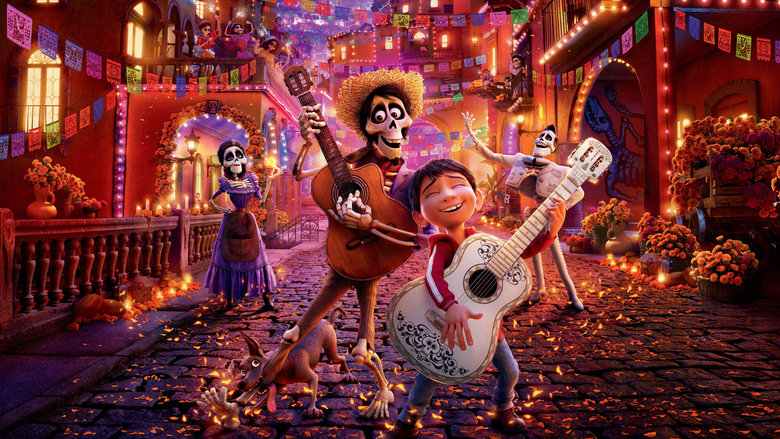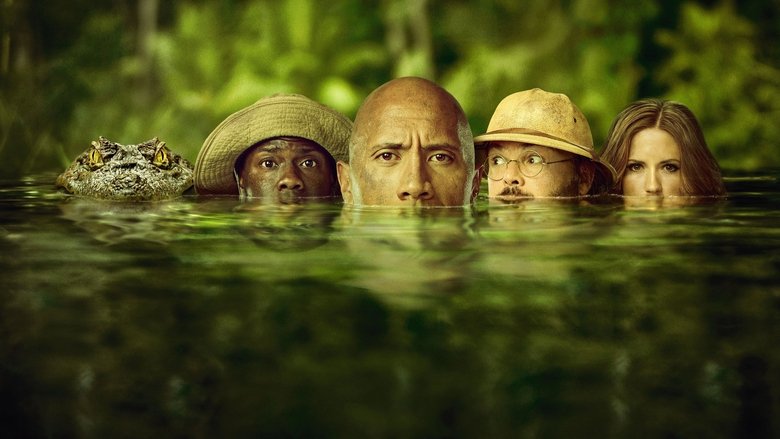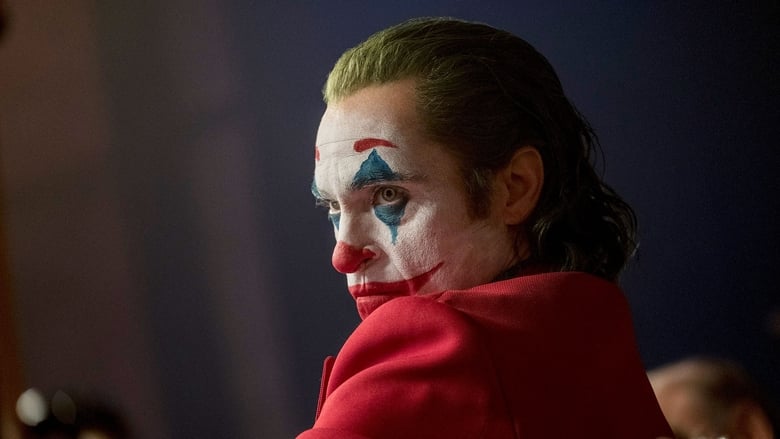In pre-WWII Holland, the penniless, illegitimate son of a powerful bailiff sets out to become a lawyer as he spends a lifetime struggling to prove his worth to his relentlessly spiteful father.


Similar titles
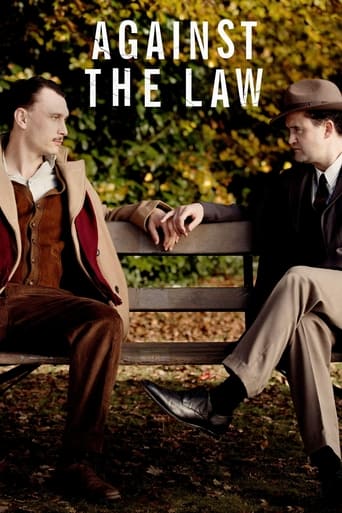
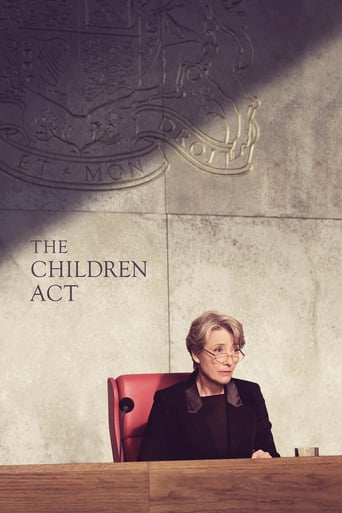
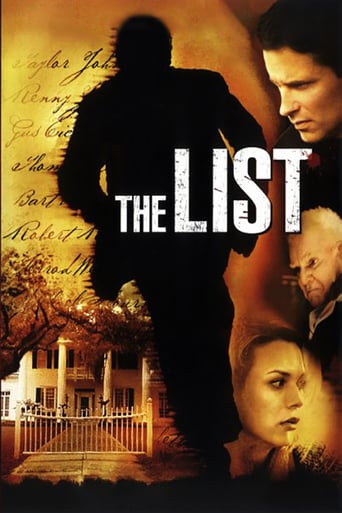
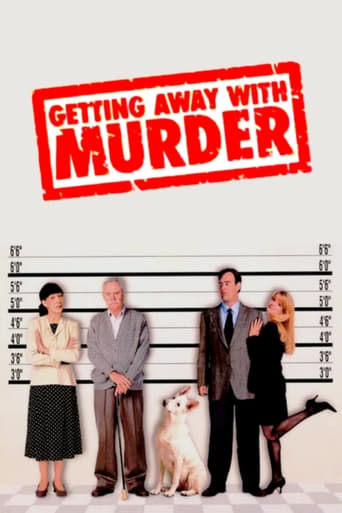
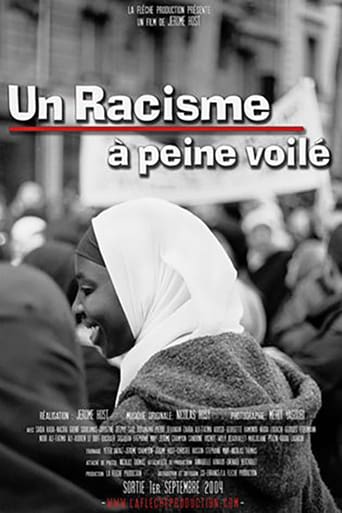

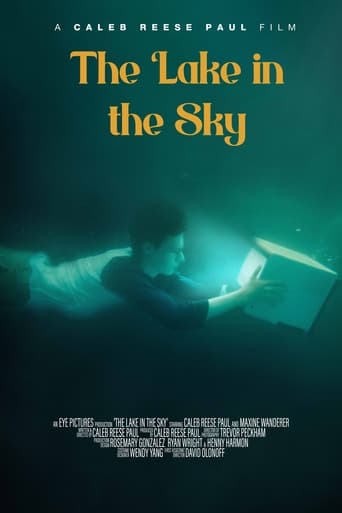
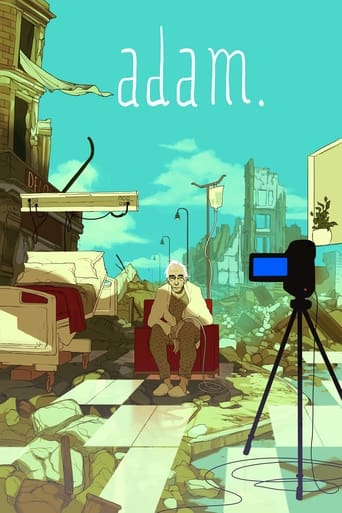
Reviews
A key feature of cinema is that it can show us a part of history that contradicts our stereotypes - positive or negative - about a place or people. Mike van Diem's "Character" is one such movie. We think of the Netherlands as one of the most pristine and wholesome countries in the world. Well it appears that this was not always the case.This adaptation of Ferdinand Bordewijk's novel focuses on Jacob, a man who has had to struggle all his life to get by. The son of a bailiff's housekeeper, Jacob (the product of an apparent rape) spends his life getting bullied every step of the way, while the bailiff refuses to acknowledge him. Indeed, the bailiff makes Jacob's life miserable every step of the way. There are also scenes showing the police raiding workers' rallies (admit it: you thought that sort of thing never happened in the Netherlands).At once a study of an individual's travails and also a look at damaged relationships (as well as the unseemly side of Dutch history), van Diem's movie is an outstanding piece of work. With complex characters and true-to-life gritty settings, it's a movie that you have to see. It definitely deserved its Oscar win. I wholly recommend it.
This movie is stunningly made, has great acting and wonderful cinematography - what a shame all this talent is wasted on such a moronic story. I am struggling to find a single scene in this movie that made any sense what so ever. Everything every character does in this movie is absurd. The "story" concerns a boy who has the misfortune to have not only the most bizarre father in the world but also the most bizarre mother in the world. The father is a sociopath of the first order and the mother is just plain away with the pixies. It is unclear if the mother was raped or not, but whatever, the mother is happy enough to stay with the father for 6 weeks, then leaves when she finds she is pregnant, as you do. At their new house they find some old books, which the boy reads and becomes a genius, as you do. Despite being a genius when the boy gets older he buys a cigar store (as you do) way down an alley – clearly Marketing 101 was not included in the books he read. Despite the fact that it seems to be constantly raining, it is not apparent that the cigar shop floods every time it rains. Bizarrely, the previous owner of this shop, volunteers his contact information (as you do), so they can get his help if needed. Of course, this address is a fake. What is the point of that, apart from filling in a few minutes of the movie? Our hero is now in big trouble, he has taken out a loan to buy this ridiculous shop – obviously the Bank is as idiotic as he is. He finds to his horror that the bank is owned by his father. For some reason this is seen to be bad, although quite frankly he owes his Father a big thank you for funding such a ridiculous investment. He fronts up to the lawyers and in a spectacular travesty of optical theory is almost blinded by the reflection from the nice shiny brass name plaques. Here he meets a guy with a pronounced underbite - the point of this abnormality is a mystery - is it supposed to be funny? On his way out some English visitors arrive. Since our hero has read a couple of random English books he is a whiz at fluent spoken English in any situation. Despite the fact that the Dutch and the English seem to be communicating fine without him for some reason the boy's wondrous command of English saves the day and he is immediately given a job. Notwithstanding that his father is supposed to be a raving maniac who throws sick women into the road, he allows his son an incredibly generous repayment scheme. Despite this generosity for some reason we are supposed to think the Father is treating him badly. The son duly pays off his debt to his father and blow me down if he doesn't immediately take out another, larger loan from him, under ridiculously draconian terms. Apparently this is to prove something, but all it proves to me is that the boy is an idiot. Yet again we are supposed to think that this act of stupidity on the part of the son is another demonstration of the evilness of the Father. The son works his way up the firm and finally gets his legal degree. There are various diversions along the way. Some flossy is hanging round him in the office but because the boy has the emotional age of a 2 year old he doesn't do anything about that. This flossy invites herself back to his place (as you do) and immediately finds a door that the son had never noticed. We are introduced to a guy called Jan, who is a communist, but he does nothing in the movie apart from adding 10 minutes of padding. The bizarre father attempts to evict someone in the middle of a battle zone, as you do. For some reason a man steps out to shoot the father. For some reason he misses, from a distance of about 3 feet. A soldier then shoots this person. The boy randomly meets his father in an alley. They fight. The father throws a penknife, as you do. Evidently Rotterdam is a very small place, possibly about 100 square meters. The son and father just happen to meet in an alley. The father just happens to emerge from a canal opposite the mother's house. The son just happens to run into his flossy on the beach. He just happens to run into again later on in a park with his mother. The only scene in which we might get some insight to the Father is in a dream. Ultimately it means nothing. The father visits the mother and implies he is being mean to the son to build his character. Yes, that's right, after being brought up in poverty, being abused all his life for having no father and with a nut case of a mother for company, we wouldn't want him to be soft would we? Eventually the son leaps over a desk at his father (as you do), his father beats the living daylights out of him, and later kills himself with a penknife that would be lucky to penetrate his coat. The son is brought to the Police Station and interviewed by two of the nicest, most trustworthy men you could hope to meet. Our hero regales them with his life story, as you do in this type of situation. Eventually the son is proved innocent using forensic evidence the technology for which didn't exist in that era. I could go on, but you get the idea.
The film starts on the waterways of the Netherlands. Jacob Katadreuffe is a young man born to a single mother. His mother had a brief stay as a housekeeper at the home of a disreputable local official. She became pregnant with his child and left him, whether rape or not is unclear. She raises her child, Jacob, alone. He has a hard time growing up as a bastard child, even being swindled at one point when trying to buy a cigar shop. This endeavor gets him into serious debt, that and his attempts to get himself a law degree, bring him into contact with his estranged father, Dreverhaven. Despite his father's conniving attempts to prevent the young Jacob from doing well, Jacob is able to get his degree. His success and previous altercations lead him into physical conflict with Dreverhaven. He's under suspicion for the murder of Dreverhaven, but it's never clear if he actually did it to me. In any event he's found not guilty and ultimately inherits his father's fortune.It's amazing to get a fresh view of Europe. So much of modern cinema focuses on WW2 or the Cold War, that we're led to forget that there are other stories to tell. I like this take on capitalism and ethics without going so far as to bring in the Soviet influence. There was a lot of controversy all through Europe at the time that focused as much on urban life as ideology.The interaction of the youth in school is also very good. The clothing, the muddy streets, and the fighting amongst the kids paints a vivid, if not realistic image, of life at the time. I particularly liked the school yard fight.I wasn't crazy about the narrative; it seemed like his interrogator would have had less patience otherwise it would be 10/10.I'd recommend this to anyone, but especially if you liked "Angela's Ashes".
Many people describe the movie as distant and cold. But that's exactly what the makers were aiming for to stay congruent with the 2 novels of Bordewijk where Karakter / Character is based upon. Bordewijk's style is often described as Nieuwe Zakelijkheid (best translation: New Objectivity, think Sinclair Lewis), a counter movement to the upcoming Expressionism in the 20s of the last century. Instead of the idealism of Expressionists more emphasis was put on reality, objectivity and facts in a sober and distant form with little room for frivolity, superficial beauty, sentimentality or explaining behavior. Not only does the style of the novels reflect this, the world the characters inhabit has the same characteristics. Viewed from this standpoint they made an amazing adaptation from a novel, correct in both style and content. But the movie defines more than an art movement, because the characters portrayed tell a lot about the Dutch in general, and this in a way also defines Dutch national identity.The story itself is about perseverance. Jacob is the son of a relation without love. His parents never marry, the mother leaves soon after she finds out she is pregnant. His mother is stubborn, his father a man without compassion working as a bailiff. Both parents push their son in their own way, his mother almost drives him out of her home, his father lends him money thus starting a battle over the upper hand in their relationship. The father brings adversity to his son in the hope to make him stronger. In line with the style of the novel none of the characters ever experience love. In fact the whole movie contains not one passionate scene. The only character showing emotion (De Gankelaar, an excellent role played by Victor Löw) leaves the country. It has a Nietzschian philosophical angle with the debate of lightness and weight: Jacob's burdens give his life a meaning, but are the sacrifices worth it? Location scouts did a wonderful job here, because Karakter recreates pre-war Rotterdam, a city almost totally flattened by the Nazis (There is a harrowing photo of the city after the bombardments with only the main church still standing). The production and art departments made the sets with their darkish colors fitting the form and content of the movie. The camera is used in a way to create some fluidity in the scenes: It almost never is static as with so many character dramas.Fedja van Huêt as Jacob and Jan Decleir as Dreverhaven seem to understand what's going on here and act accordingly. Tamar van den Dop as Lorna is probably the greatest weakness in the movie, with a terrible diction and limited body movement she's miscast here.Mike van Diem makes only one movie, wins an Oscar, and disappears almost from the earth. Although rumor has it he does some script doctoring in Hollywood, with his current production rate he will surpass even Malick. As for now, this is by far the best Dutch movie ever made.
